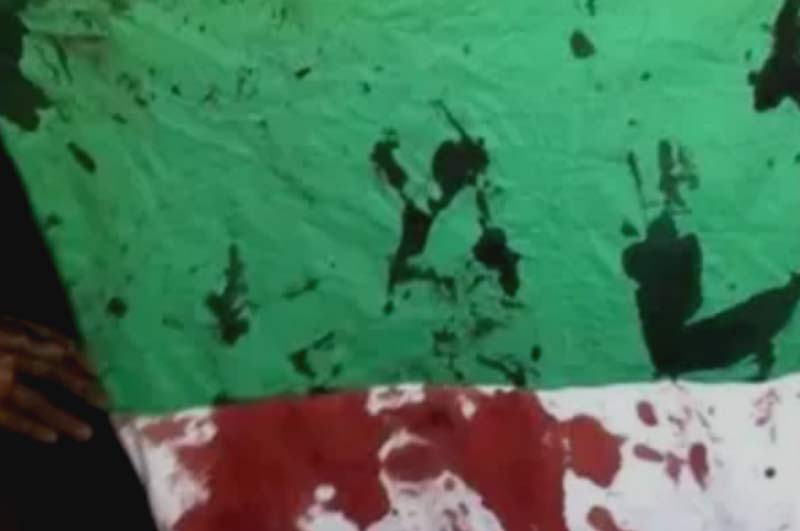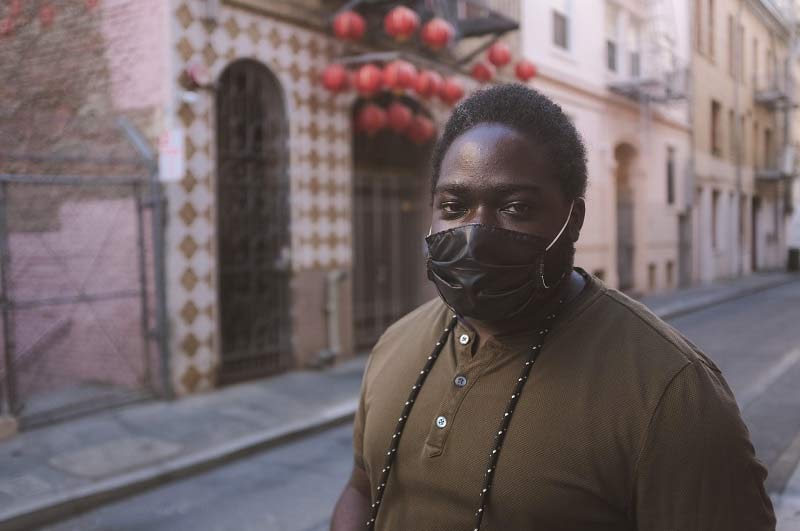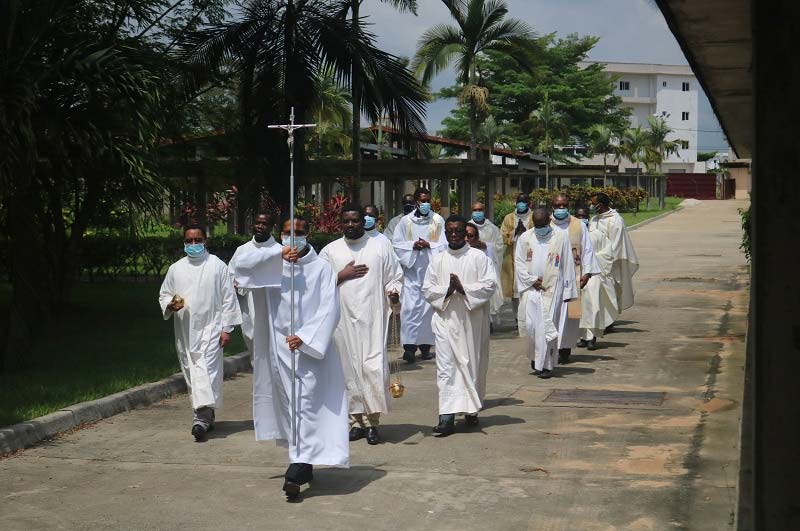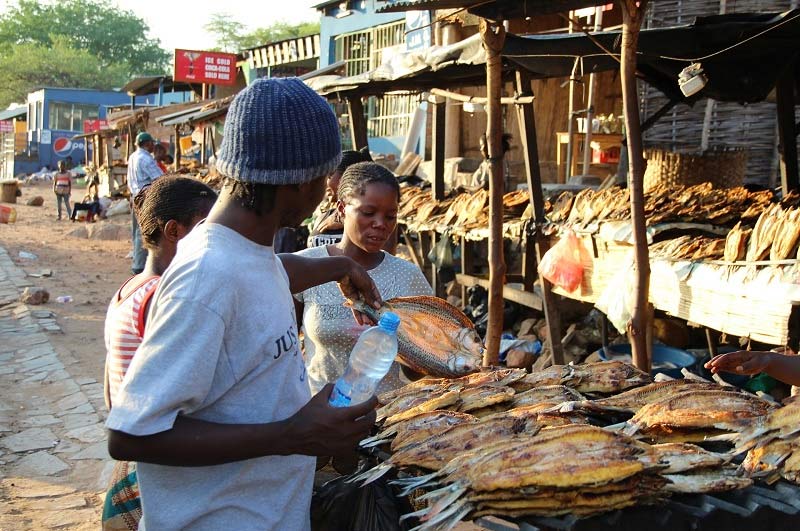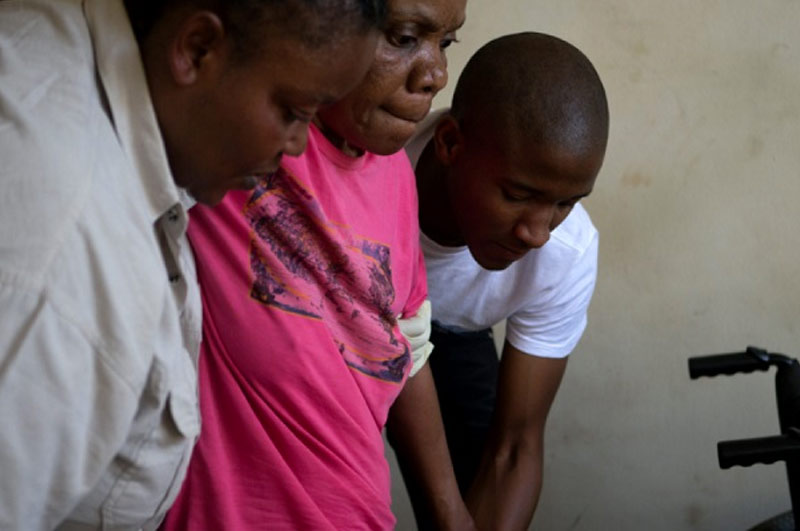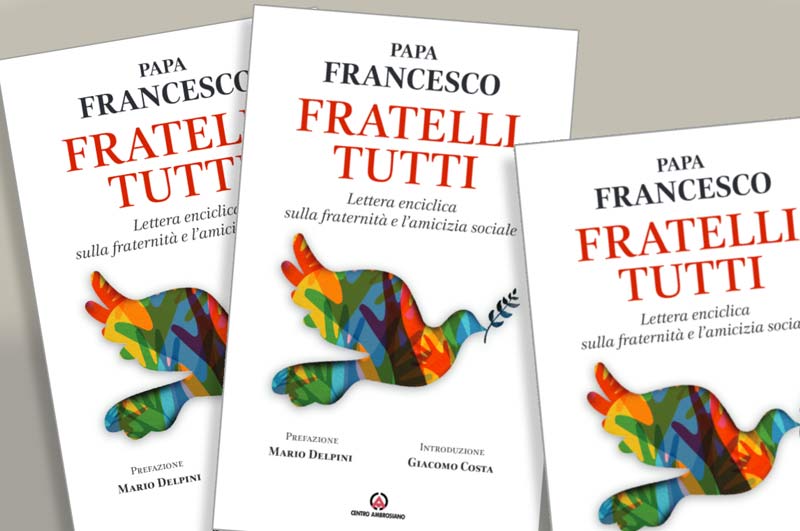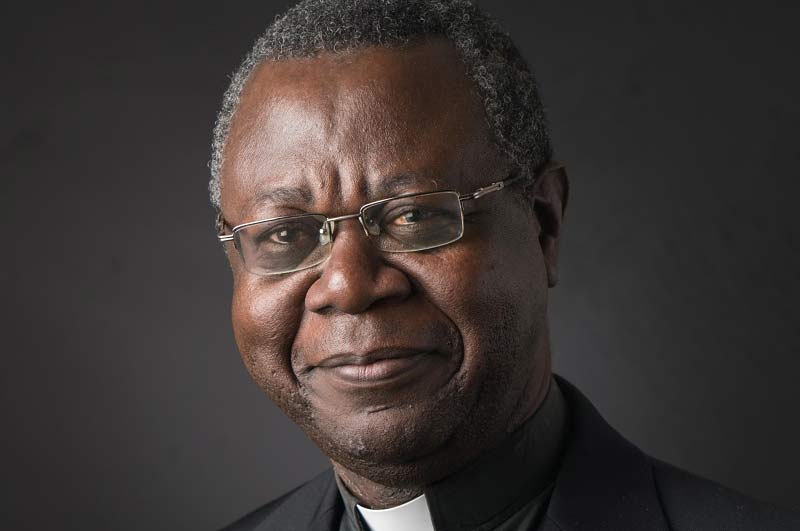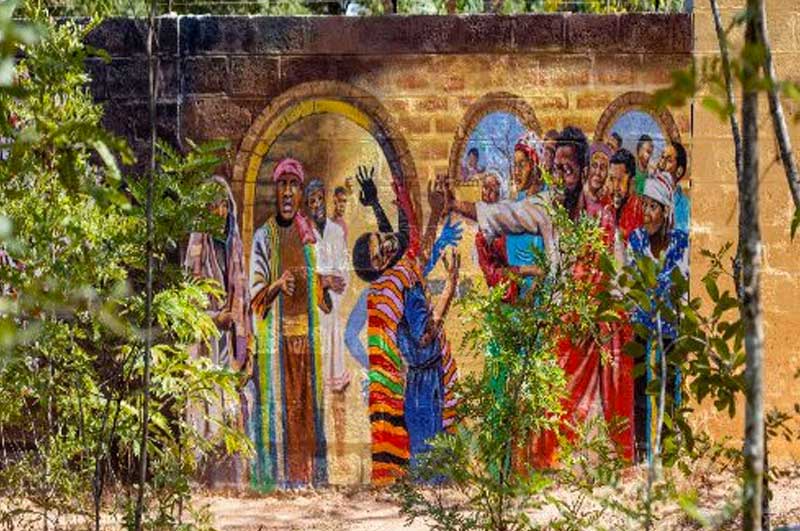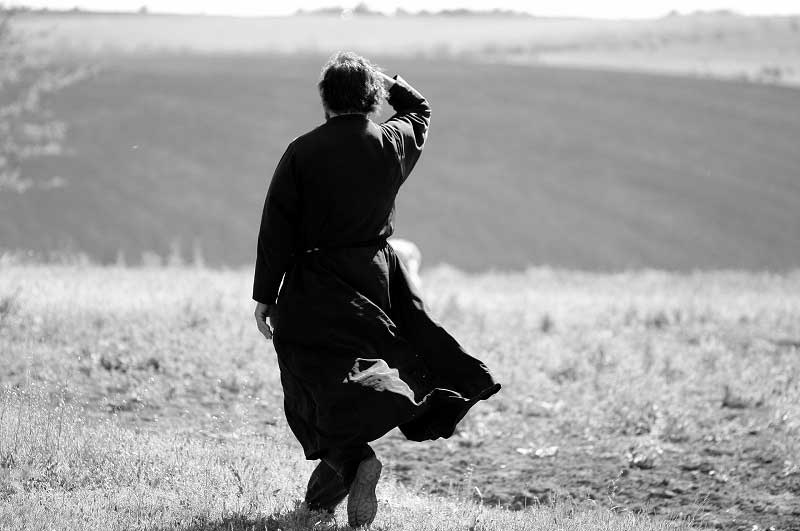


I hear the reports from afar! I was initially unmoved. I said to myself: “China is far away. Come on, my soul: sit, relax and let things roll.” But I was wrong! The reality of death far away is blown so quickly and closely by the winds of globalization that fills what was previously a hollow. I was in the shadows. “This is nothing”, as I take shelter in escapism.
The tides of events changed! It changed “suddenly like a ghost from the tomb”, to borrow the words of Ruth Putnam. The ambiance became transformed and ‘chinaphobia’ sets in. “This is a dangerous categorization”, I exclaimed to myself. It is hard to differentiate between Chinese, Japanese, South and North Koreans, and Asians in general. People became afraid of Asians and where they congregate. They were labelled unconsciously “dispensers of coronavirus”. Their shops and restaurants no longer host clients. Yes, it’s real! Coronavirus is in Italy. At first, it was business as usual. The mood, slowly but surely, became tensed as a growing number of persons cover their faces with masks. Now ambulances run through the streets with medical personnel dressed like zombies typical of what we see in films. For sure, it was a thriller in the land. The land became a theatre and I was one of the many actors.
Like a mad person, I began to speak to myself more often than usual. I got my computer in order to keep track. I recalled that Ignatius encourages journaling, not only of prayers, but more so, of the waves of moods and movements and experiences in one’s life. And so, I wrote few words, now and then, to capture what I hear, see and perceive.
Events changed so quickly. Schools closed first, and within few days, everywhere was shutdown. No escape! We must hear and confront the painful truth that coronavirus is an epidemic which has become a pandemic at this time. For the first time, I needed a written permission to go out of my house even for a walk. The isolation is obligatory. The command is: SIT AT HOME; and the hope is- to save humanity which appears more fragile than I have ever known. I thought: “I need to duplicate myself to have another me that I can see, touch, play and pray with”. Each passing day deposited a growing amount of fear at a geometric progression. “But my community is Biblicum”. On the contrary, no one cites the Bible though we all know: “For I know the plans I have for you…plans not to harm you, plans to give you hope and a future” (Jer 2911) is more real than the virus’ elimination of human life.
The longer we stay together the more we ran out of stories. Yes! We do not go out; we make no contacts with outsiders; so, it is understandable that old stories should be recycled, or a dead silence should pervade. There shadows of unidentified elements in the hollows generated by silence. Yet, this is another shadow that wallows in the hollows of the current incertitude.
Community is a mission, but social distancing has become a prerequisite to survive this period. The dilemma is: “under the climate of incertitude in the face of the command to maintain social distance, how do we, in the community, navigate between being together and yet keeping a distance”. I wondered and pondered and let out many wishes that are even contrary to facts. But then “those who have been baptized into Christ”, Paul tells us, “are baptized into his death” (Rom 6,3). Why not? Let the grief and the anxiety and the sickness and the fears of each one in the community become those of everyone. We have been missioned into the life of the community and so also into its death. How real these words are in the documents where they are published. The reality suggests a cloud of survival, and sometimes, principles erode as smoke disappears in the air.
Nonetheless, the times are different! Physical weaknesses have become an obvious locus of suspect. “Has he been infected?” Our dining tables have five chairs, but we had to sit three each to keep the proximity yet being distanced. Towels were removed close to sinks and tissue machines where installed. No more again are we to encourage to use of one hand towel by two persons. The weak ones are strategically avoided because “No one knows.”
There are also rays of relief. To resist fears, creativities sprung out. Members began organizing group workout together; frequent celebration of Masses, adoration of the Blessed Sacrament, watching films together and coming for dinners same time. While distancing is a command, spiritual activities breathe in an oasis of hope into the hollows of uncertainties. I know now when the time is 15hrs because I felt these days should be lived through also with popular devotion. It is the hour of mercy and I can help praying “for the sake of His sorrowful passion, Have mercy on us and on the whole world”. “Who knows? We might obtain mercy”, I cheered my spirit.
Then I was called by my superior and missioned to care for one of ours who suspected he was having the symptoms of what has become a hot topic though it is not supposed to be mentioned with anyone very close. “Our workers continue to come daily from outside and most of them used public means of transportation,” I recalled to myself. “Have they brought the virus to the community”?, as I seek refuge in rhetorical questions. I became serene and Genesis 4,9 echoes, “oh yes! You are your brother’s keeper”. This mission evokes many thoughts. I recalled “fear and trembling” expounded by Søren Kierkeggaard who narrates the painful and lonely journey of Abraham on his way to Moriah to murder Isaac (Genesis 22). Filled with incertitude and trembling, above all, wanting to navigate through his faith in God as a call to obedience and his morals that demands he avoids murder, Abraham says no word not to Isaac, not to his wife, no to his servant. He suspended the ethical teleologically in an absolute obedience to God. To the ethical man, Abraham goes to murder his son, but to the man of faith, he goes to offer a sacrifice. Indeed, a sacrifice - from sacer (“sacred, holy”) + faciō (“do, make”), that is, to do, to make or to render holy. Yes, I can!
I was instructed to carry out this service secretly not to saturate the community with fear. A chair was placed in front of the door where the sick is quarantined. I suggested a trinitarian communication because I felt the Trinity must be involved. I left his meal each time on the chair and knocked on his door thrice as I whisper: “Father, Son and Spirit.” Then I will move very fast and quickly before he opens his door. I didn’t see coronavirus. My mind only says it is possible. I saw a brother not an infection and not a virus.
Each time I got to the corridor, the silence of negative thoughts weighs in. It looks like a Cistercian monastery. I will leave his meal by his door and will move away with speed. From a far, I will turn and gaze at him picking up his tray of meal. On one occasion, I waved and proclaimed to him, “Coraggio!” It was I who needed the word; I wanted to hear, ‘courage’, for these are times of frightening incertitude. A courage that speaks of hope through a moment of despair; a courage that evokes faith as the assurance of things hoped for, the conviction of things not seen (Heb 11,1). I said, “coraggio&rdquo ; to him, but it returns to me so quickly. It was reflexive.
This is comparable to walking through the shadows and the valleys and the uncertainties of death. Yet, I trust that surely, goodness and mercy will be real because “You are with me” (Ps 23,4). Surely, it is the fear of dying in the face of the will to live. The streets of Italy are empty! One needs permission to get out. I began to learn and unlearn the differences between needs and wants. I realized it was a grace to be able to respond to “How are you?” without a ‘but’ that nullifies the response. It is hard to be fine as a whole nation witnesses the erosion of her elders, the elimination of her mentors, and end of icons whose presence serves as a moral compass for its society.
The skyrocketing numbers of death here due to the Coronavirus owes its explanation to a couple of factors:
1). The lock down was announced quite late and people did not respect it initially, so, many people got infected.
2). The hospitals do not have facilities to cater for the number of sick persons.
3). The population of Italy above 65 years of age is 23%. These factors, of course, do not make the news of death pleasant.
The news of death produces shadows of incertitude. How will the hollows of this period be filled? When will all this end? It is now the 18th Day in Quarantine, the deaths are still very high, but we see "hope in this valley of tears".
Republished from North-West Africa Province (ANW)Related Articles
Select Payment Method
Pay by bank transfer
If you wish to make a donation by direct bank transfer please contact Fr Paul Hamill SJ treasurer@jesuits.africa. Fr Paul will get in touch with you about the best method of transfer for you and share account details with you. Donations can be one-off gifts or of any frequency; for example, you might wish to become a regular monthly donor of small amounts; that sort of reliable income can allow for very welcome forward planning in the development of the Society’s works in Africa and Madagascar.
Often it is easier to send a donation to an office within your own country and Fr Paul can advise on how that might be done. In some countries this kind of giving can also be recognised for tax relief and the necessary receipts will be issued.



